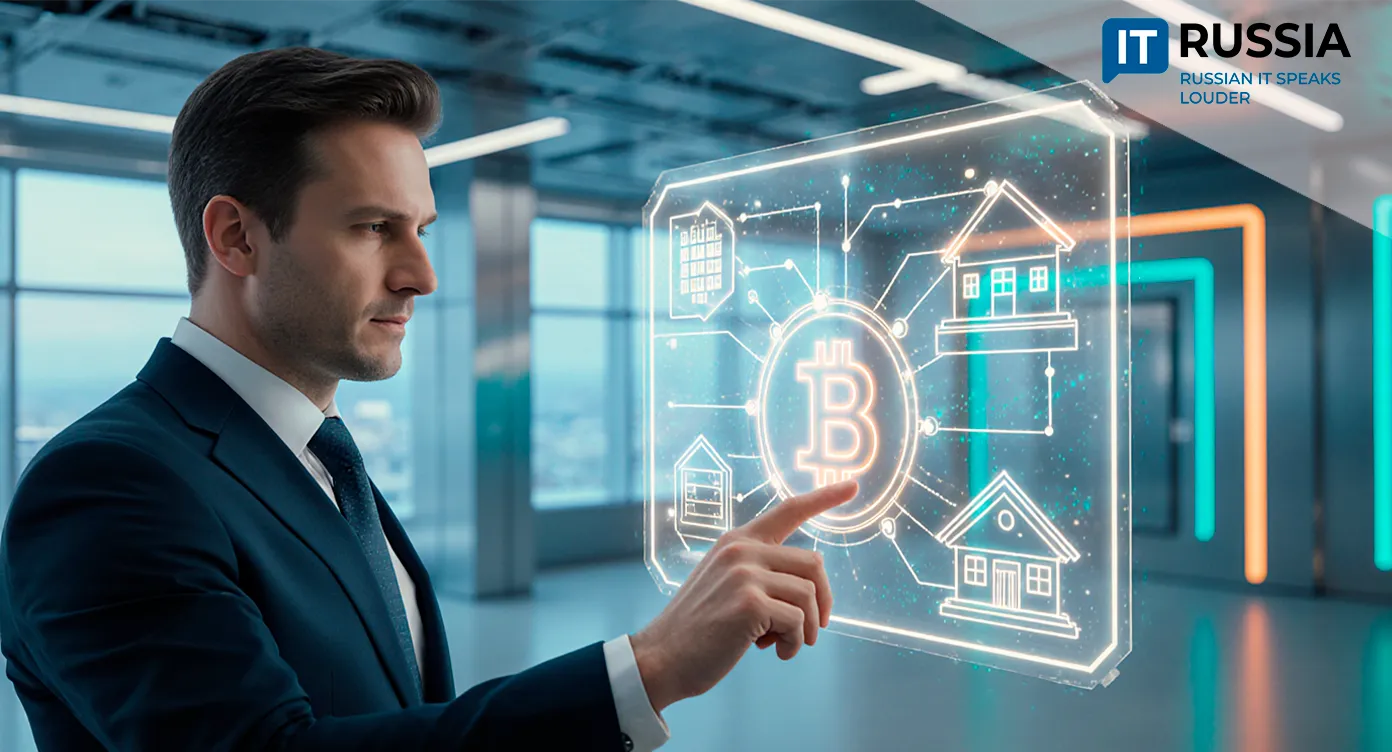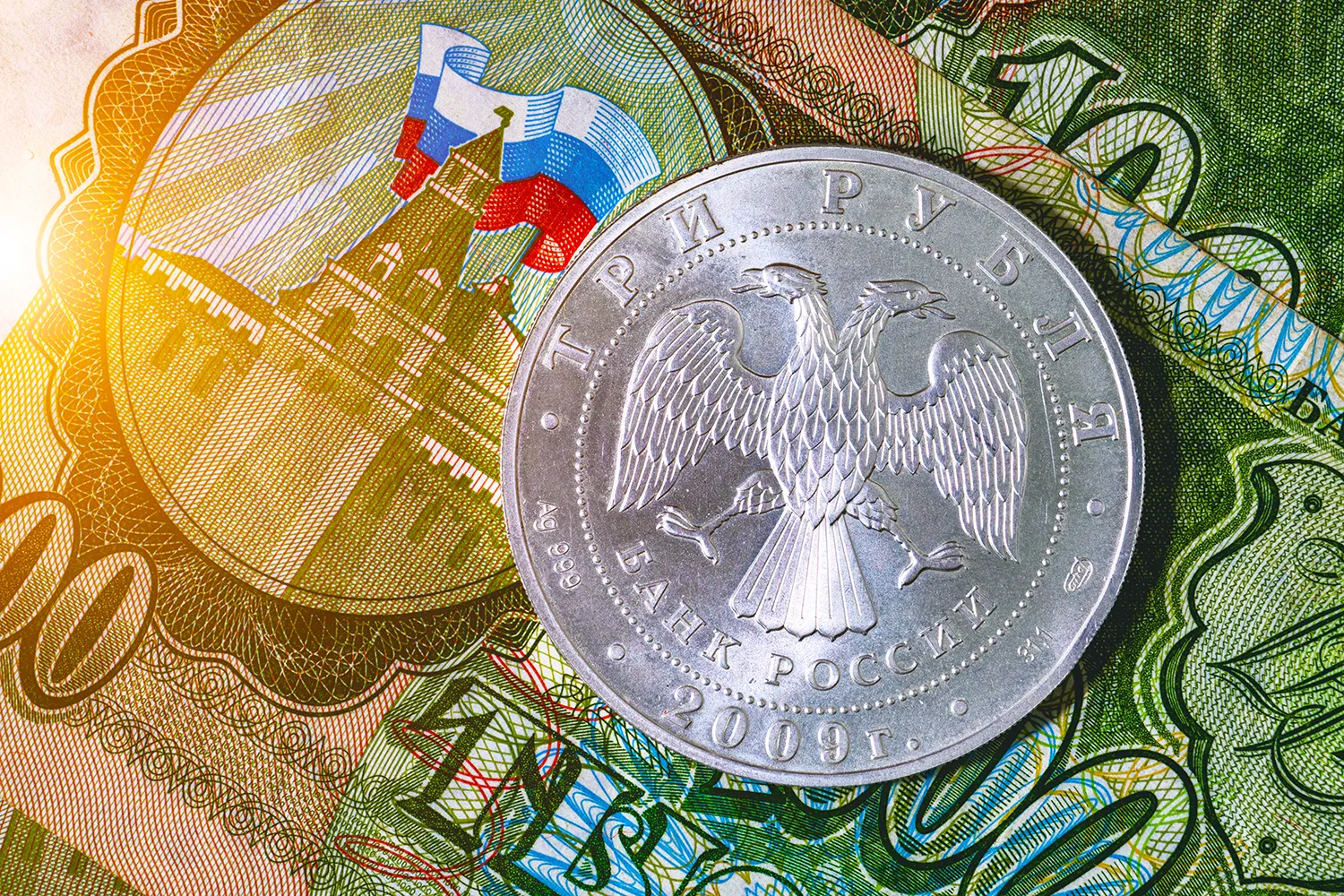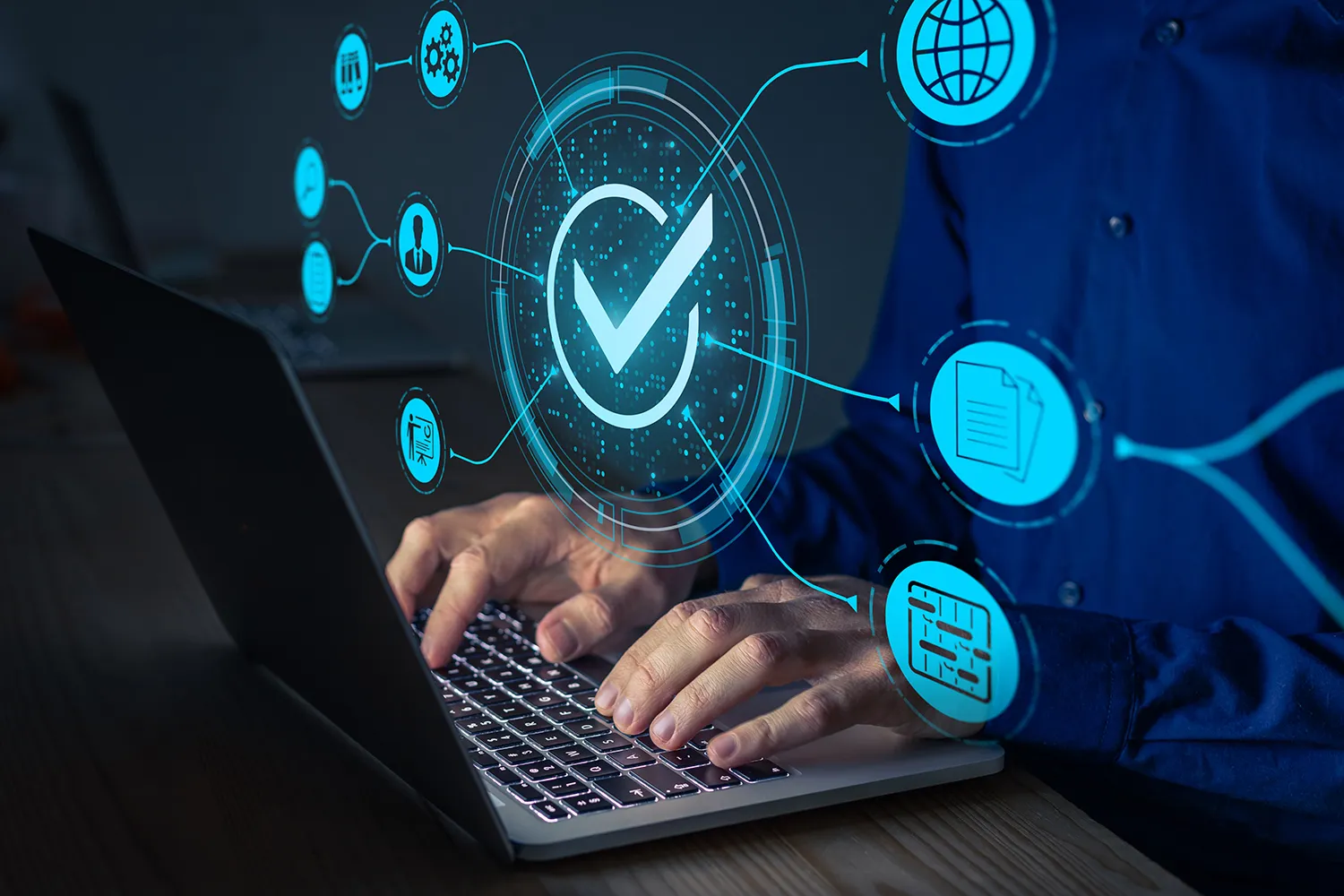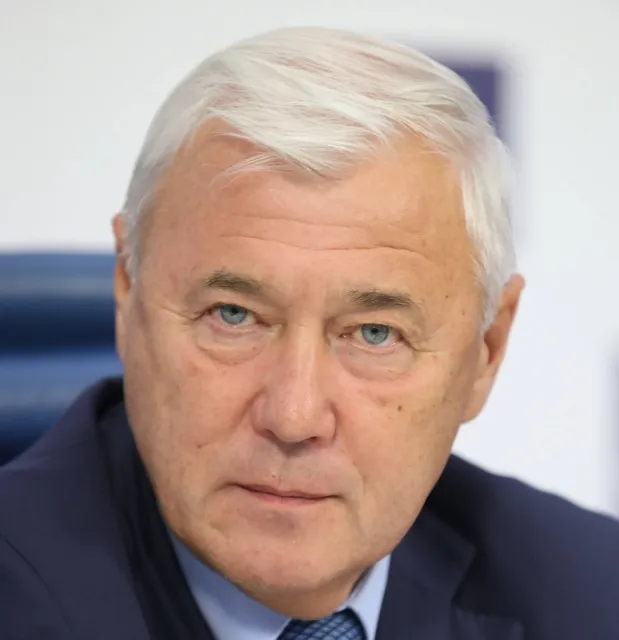Chairs in the Morning, Money in the Evening: Smart Contracts on Autopilot
Russia is moving toward automating state payments with the digital ruble, introducing blockchain-based smart contracts that could revolutionize public procurement and financial oversight.

Automated Settlements
State Duma Deputy Anatoly Aksakov has proposed using smart contracts built on the digital ruble platform to automate payments to contractors as they complete stages of government projects. Each project—such as constructing a school—would be digitally registered, and progress verified by technical means. Until milestones are confirmed, the funds would remain in the state budget. The goal is to prevent premature or fraudulent disbursements and minimize corruption risks.
If implemented, the initiative would become a powerful tool for real-time control over public spending, particularly as Russia ramps up infrastructure programs nationwide. It would also drive growth in the IT sector, which will be needed to provide monitoring systems based on geodata and artificial intelligence, auditing platforms for smart contracts, and integration solutions with the Unified State Procurement Information System.
The Digital Ruble Pilot
Starting October 2025, Russia’s digital ruble began limited integration into select federal budget processes. “As part of this work, certain operations using real digital rubles are being piloted—such as payments to citizens and disbursements to companies fulfilling government construction contracts. These operations are available only to a limited number of participants,” the Bank of Russia stated.

Among the participants is Aksakov himself, who in September became the first Russian lawmaker to receive his salary in digital rubles. Widespread adoption, however, is planned for 2026, when Russia’s largest banks and merchants with annual revenues exceeding 120 million rubles (about $1.4 million) will enable transactions in this third form of national currency. Other banks and smaller firms are expected to join gradually through September 2028.
Fast Payments, Transparent Deals
The concept of smart contracts entered Russian law in 2019 through Federal Law No. 34-FZ, which governs transactions in digital environments. Such contracts are secured by blockchain technology, ensuring transparency at every stage of the deal and instant settlement once predefined conditions—such as delivery of goods or completion of services—are met.

According to the Central Bank, more than 17,000 smart contracts have been executed in the digital ruble pilot in less than two years. However, these payments have so far been processed manually—funds were transferred only after expert commissions verified the results and signed acceptance certificates. The next phase aims to eliminate these delays by enabling fully automatic transfers upon milestone completion.
Looking Ahead
Over the next one to two years, new legislative initiatives and pilot programs are expected to shape standards for digital contract execution. If successful, smart contracts built on the digital ruble could become the norm for infrastructure projects within four years, creating an entire ecosystem of auditing and technology companies.

The digital ruble itself is not the goal, but rather a tool—both for domestic and cross-border transactions. The Central Bank envisions interoperability with other nations’ central bank digital currencies (CBDCs), especially within the BRICS and EAEU frameworks. “China is preparing to launch its digital yuan, and India will soon roll out its digital rupee,” said Aksakov. “We can integrate our digital systems with theirs, allowing the digital ruble to be automatically converted at market rates.”










































